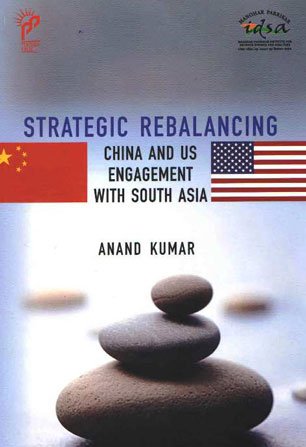The First EU-Pakistan Summit
The European Union (EU) is going to have its first-ever summit with Pakistan on June 17 in Brussels. In Asia the EU has only three strategic partners, namely China, India and Japan, with whom it holds standard annual and occasionally half-yearly summits. Britain is the only country in Europe that holds annual summits with Pakistan. However, even these purportedly annual summits are irregular and have often been mired in controversy whenever a terrorist attack takes place in the UK or terrorist plots are unraveled and foiled by British agencies.
- Alok Rashmi Mukhopadhyay
- June 12, 2009














 However, there was an increase in terrorist violence in other parts of Pakistan, thereby indicating a shift of Taliban’s theatre of operations from its traditional conflict zones to the heartland of Pakistan.
However, there was an increase in terrorist violence in other parts of Pakistan, thereby indicating a shift of Taliban’s theatre of operations from its traditional conflict zones to the heartland of Pakistan. Taliban by accepting Shariat laws for Malkand Division and Kohistan district of Hazara Division. As a result, the number of terror related incidents in Pakistan decreased from 430 in January to 374 in February 2009.
Taliban by accepting Shariat laws for Malkand Division and Kohistan district of Hazara Division. As a result, the number of terror related incidents in Pakistan decreased from 430 in January to 374 in February 2009.

